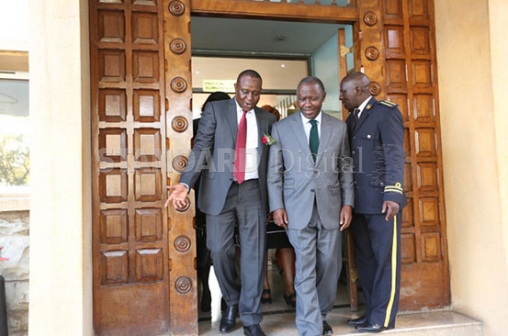
The Parliamentary Budget Office – the experts in economics and finance who advise lawmakers on the national budget—has exposed the National Treasury for failing to declare a Sh155 billion rise in debt interest and repayments.
In a Budget digest titled ‘Unpacking the Estimates of Revenue and Expenditure for 2017/18 and the Medium Term’ the House experts appear to speculate that the information was left out so as not to expose the fact that in this final year of the Jubilee administration the interest and repayments had risen from Sh466.5 billion to Sh621.8 billion.